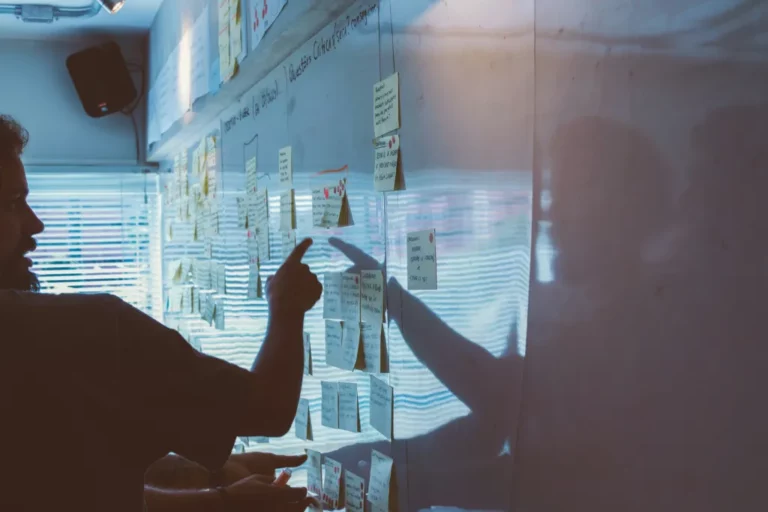Society is changing rapidly. Developments such as digitization, climate change, and technological innovations pose complex challenges for our society, as do health issues, the growing wealth gap, and concerns about security. These changes affect everyone—but not everyone in the same way. In order to make good choices for the future as a society, we need to better understand what these developments mean for people in their daily lives.
Social and behavioral sciences study how people think, feel, act, and live together. They focus on human behavior in all kinds of contexts: from individuals and families to organizations, communities, and societies as a whole. Disciplines such as psychology, sociology, anthropology, pedagogy, public administration, and communication science offer insight into how people make choices, how groups function, how institutions work, and how social change occurs.
This knowledge is essential for tackling complex issues in society. Whether it concerns mental health, climate behavior, equal opportunities, polarization, digitization, or policy effectiveness: without an understanding of human behavior and social dynamics, solutions remain superficial or ineffective. Social and behavioral sciences help to better align policy with practice, understand social tensions, and strengthen the resilience of citizens and institutions—indispensable for a just, sustainable, and well-functioning society.

Council of Deans in Social Sciences
The Council of Deans in Social Sciences (DSW) is a partnership between the deans of the social and behavioral sciences faculties at Dutch universities. This consultation discusses current developments in education, research, and social impact within the social sciences. DSW acts as a coordinating and strategic body and meets regularly to exchange knowledge, formulate joint positions, and streamline national initiatives.
An important starting point for the collaboration within DSW is to strengthen the position of the social sciences in the broader academic and social landscape. This is achieved, among other things, through the Social Sciences Sector Plan, which focuses on six urgent social issues, such as mental well-being, digitization, youth, education, and social cohesion. Joint coordination ensures a substantively strong and well-organized contribution from the social sciences to these societal challenges.
DSW thus plays a key role in the strategic positioning of the field, in coordination with the SSH Council and other related disciplines. The conviction that binds DSW: through cooperation and joint policy-making, we as social sciences play a crucial role in seeking and finding solutions to the major issues of our time.
The Council of Deans in Social Sciences meets regularly to work on national collaboration and impact.
Chair
Prof. dr. Leoniek Wijngaards-de Meij (Universiteit Utrecht)
Members
Prof. dr. Jane Murray Cramm (Tilburg University)
Prof. dr. Casper Albers (Rijksuniversiteit Groningen)
Prof. dr. Marjolijn Antheunis (Erasmus Universiteit Rotterdam)
Prof. dr. Guus Smeets (Open Universiteit)
Prof. dr. Evelyn Kroesbergen (Radboud Universiteit)
Prof. dr. Han Wiskerke (Wageningen University)
Prof. dr. Christa Boer (Universiteit van Amsterdam)
Prof. dr. André Aleman (Maastricht University, Faculty of Psychology & Neuroscience)
Prof. dr. Christine Neuhold (Maastricht University, Faculty of Arts and Social Sciences)
Prof. dr. Gregor Halff (Vrije Universiteit, Faculty of Social Sciences & Humanities)
Prof. dr. Tanya Bondarouk (Universiteit Twente)
Prof. dr. Maurits van Tulder (Vrije Universiteit, Faculty of Behavioural and Movement Sciences)
Prof. dr. Bart Barendregt (Universiteit Leiden)
Secretary
Elly Huijs
dswoverleg@tilburguniversity.edu


